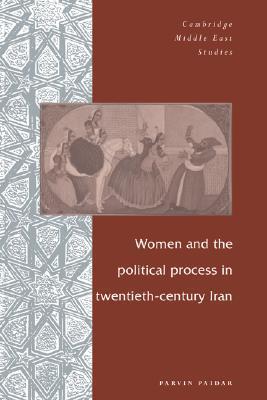
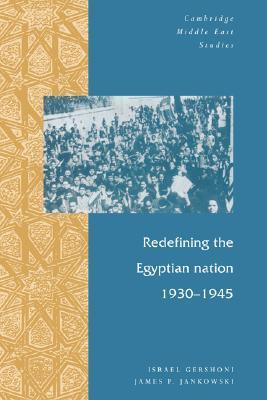
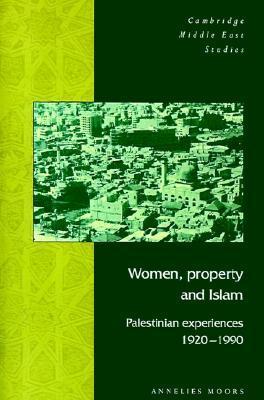
Books in series

Women and the Political Process in Twentieth-Century Iran
1995

Redefining the Egyptian Nation, 1930–1945
1995

Women, Property and Islam
Palestinian Experiences, 1920–1990
1995
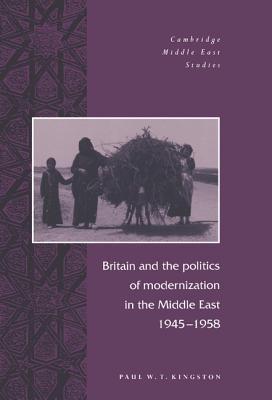
Britain and the Politics of Modernization in the Middle East, 1945–1958
1996
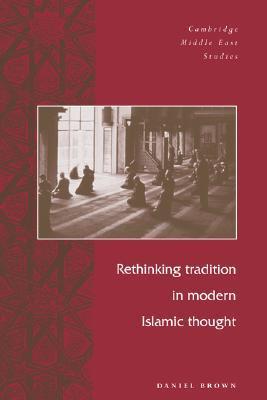
Rethinking Tradition in Modern Islamic Thought
1996
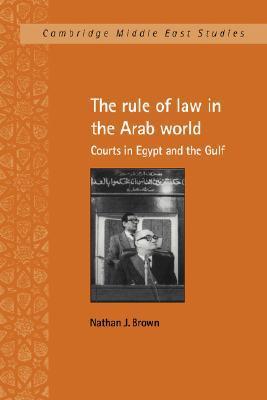
The Rule of Law in the Arab World
Courts in Egypt and the Gulf
1997
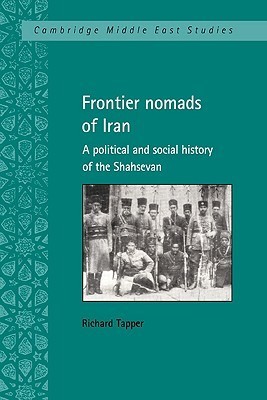
Frontier Nomads of Iran
A Political and Social History of the Shahsevan
1997

All the Pasha's Men
Mehmed Ali, his Army and the Making of Modern Egypt
1997
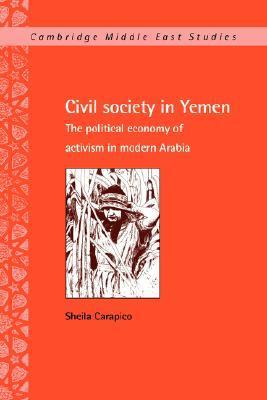
Civil Society in Yemen
The Political Economy of Activism in Modern Arabia
1998
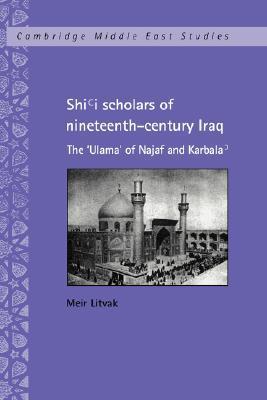
Shi'i Scholars of Nineteenth-Century Iraq
The 'Ulama' of Najaf and Karbala'
1998
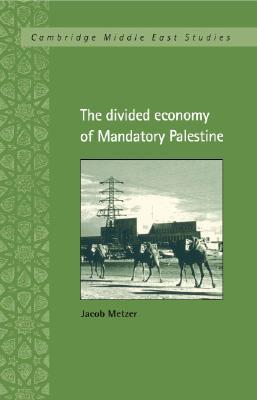
The Divided Economy of Mandatory Palestine
1998
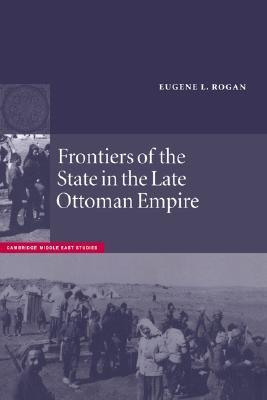
Frontiers of the State in the Late Ottoman Empire
Transjordan, 1850-1921
1999
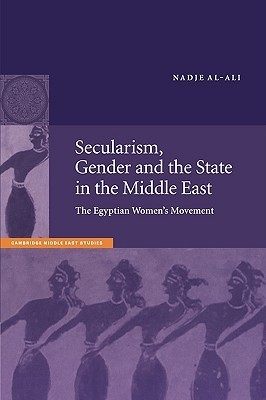
Secularism, Gender and the State in the Middle East
The Egyptian Women's Movement
1996

The War for Palestine
Rewriting the History of 1948
2001
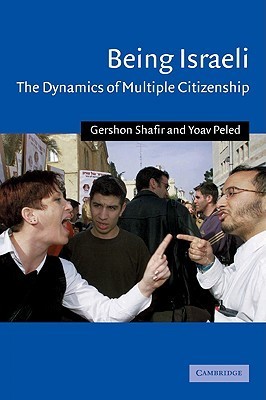
Being Israeli
The Dynamics of Multiple Citizenship
2002
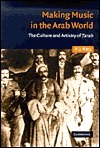
Making Music in the Arab World
The Culture and Artistry of Tarab
2003
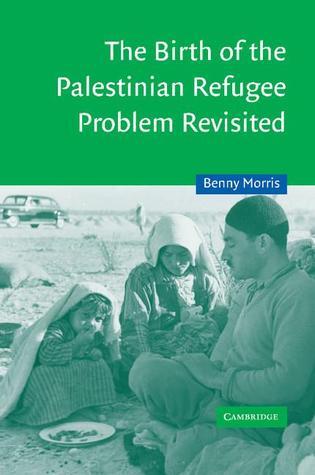
The Birth of the Palestinian Refugee Problem Revisited
1988
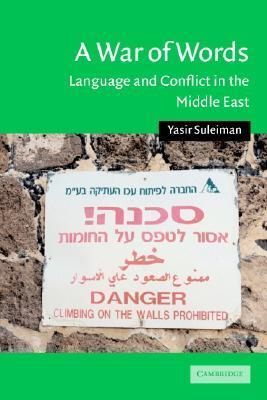
A War of Words
Language and Conflict in the Middle East
2004
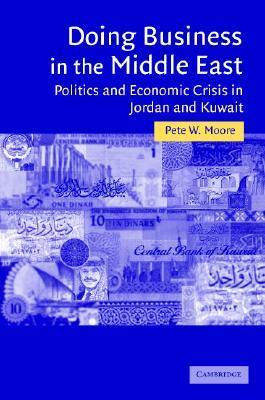
Doing Business in the Middle East
Politics and Economic Crisis in Jordan and Kuwait
2004
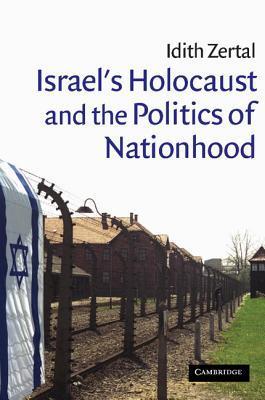
Israel's Holocaust and the Politics of Nationhood
2002
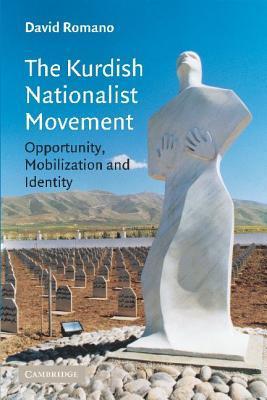
The Kurdish Nationalist Movement
Opportunity, Mobilization and Identity
2006
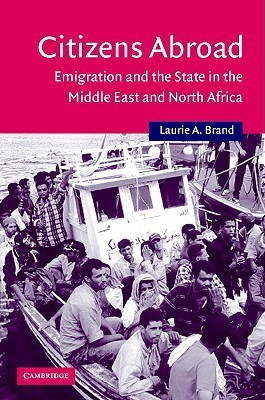
Citizens Abroad
Emigration and the State in the Middle East and North Africa
2002
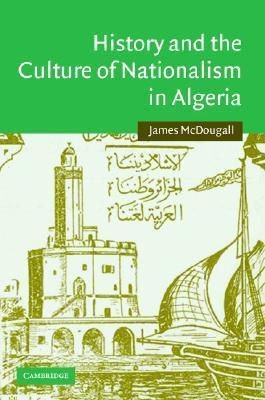
History and the Culture of Nationalism in Algeria
2006
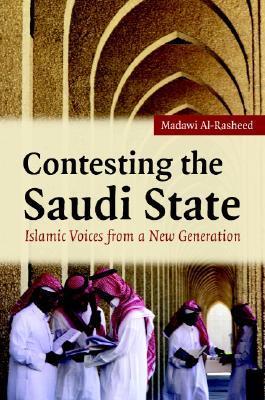
Contesting the Saudi State
Islamic Voices from a New Generation
2006
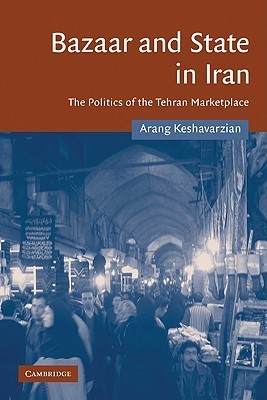
Bazaar and State in Iran
The Politics of the Tehran Marketplace
2007
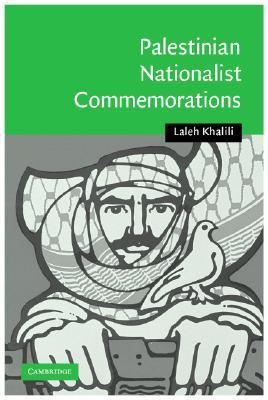
Heroes and Martyrs of Palestine
The Politics of National Commemoration
2002
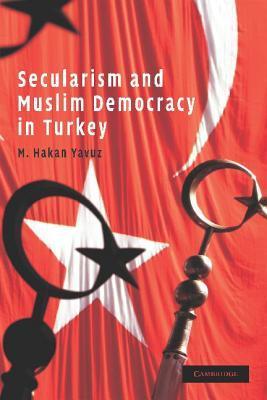
Secularism and Muslim Democracy in Turkey
2009
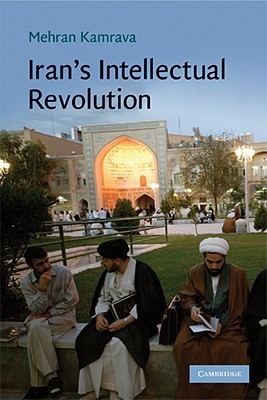
Iran's Intellectual Revolution
2008
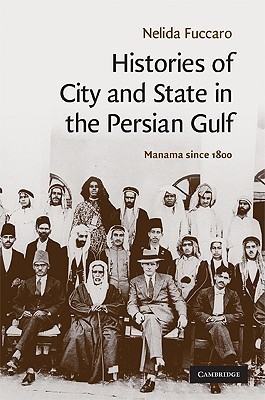
Histories of City and State in the Persian Gulf
Manama since 1800
2009
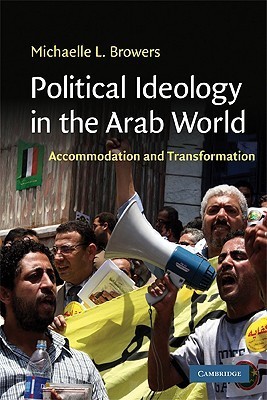
Political Ideology in the Arab World
2009
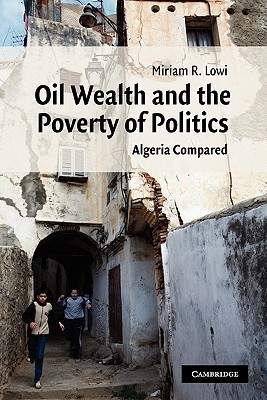
Oil Wealth and the Poverty of Politics
Algeria Compared
2009

Jihad in Saudi Arabia
Violence and Pan-Islamism since 1979
2010
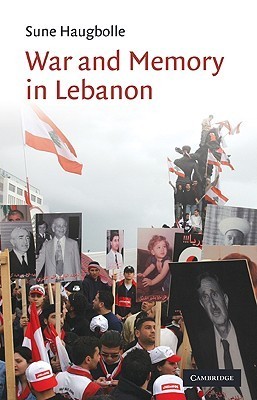
War and Memory in Lebanon
2010
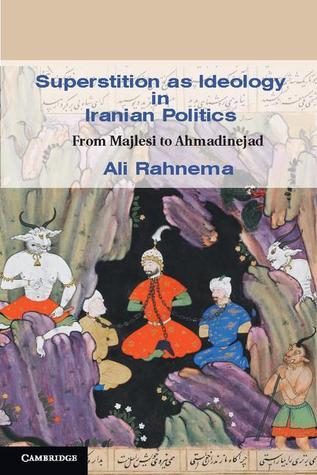
Superstition as Ideology in Iranian Politics
From Majlesi to Ahmadinejad
2011
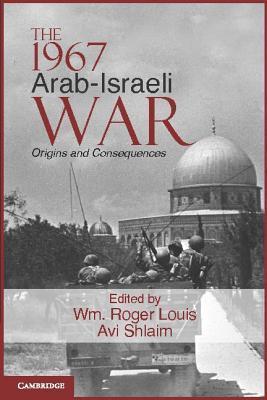
The 1967 Arab-Israeli War
Origins and Consequences
2011
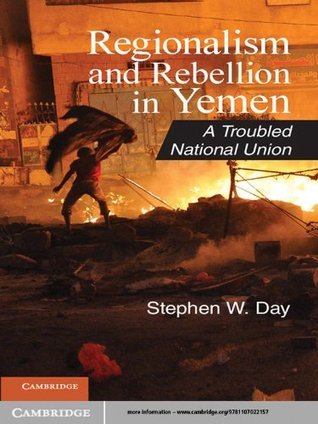
Regionalism and Rebellion in Yemen
A Troubled National Union
2012
Occupying Syria Under the French Mandate
2012
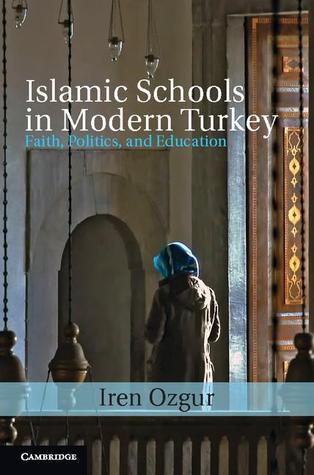
Islamic Schools in Modern Turkey
Faith, Politics, and Education
2012
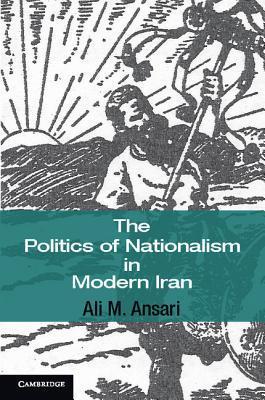
The Politics of Nationalism in Modern Iran
2012
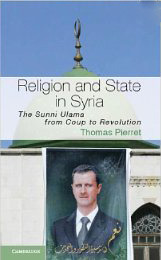
Religion and State in Syria
The Sunni Ulama from Coup to Revolution
2013
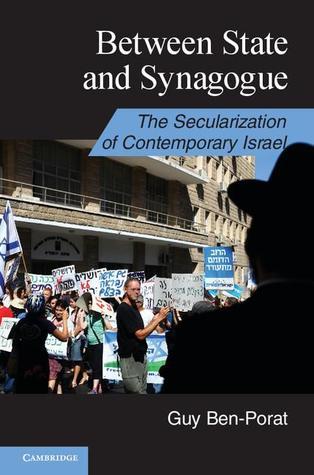
Between State and Synagogue
The Secularization of Contemporary Israel
2012
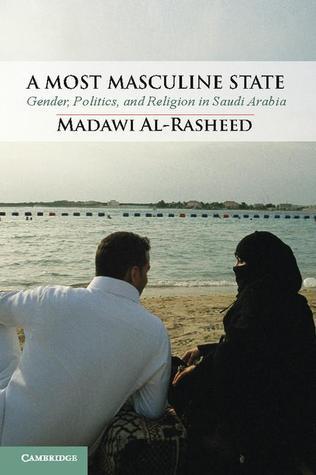
A Most Masculine State
Gender, Politics and Religion in Saudi Arabia
2013
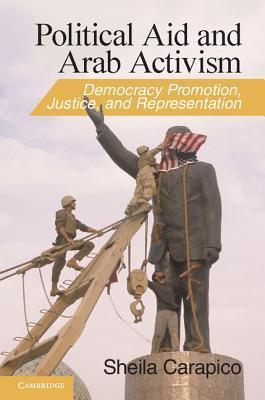
Political Aid and Arab Activism
Democracy Promotion, Justice, and Representation
2013
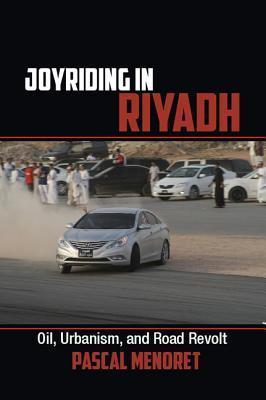
Joyriding in Riyadh
Oil, Urbanism, and Road Revolt
2014
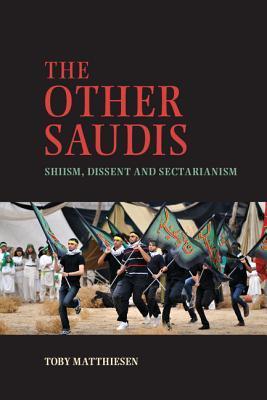
The Other Saudis
Shiism, Dissent and Sectarianism
2014
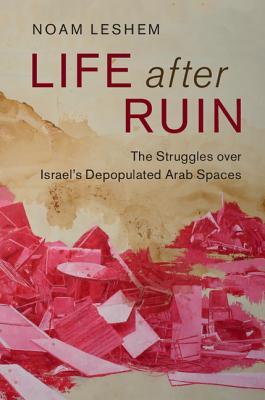
Life after Ruin
The Struggles over Israel's Depopulated Arab Spaces
2016
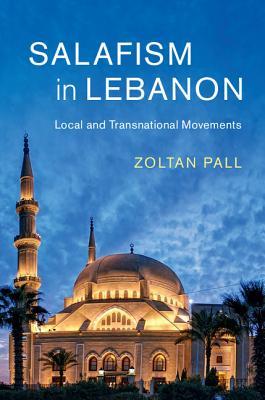
Salafism in Lebanon
Local and Transnational Movements
2018
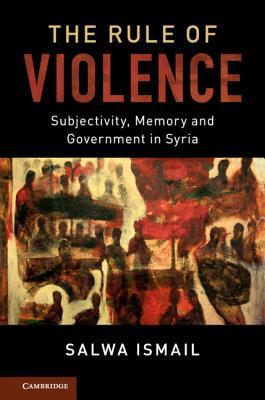
The Rule of Violence
Subjectivity, Memory, and Government in Syria
2018
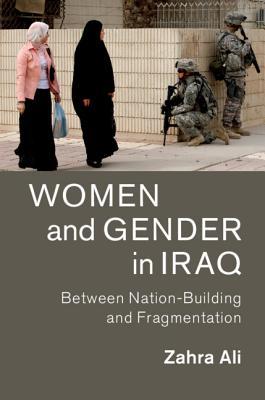
Women and Gender in Iraq
Between Nation-Building and Fragmentation
2018
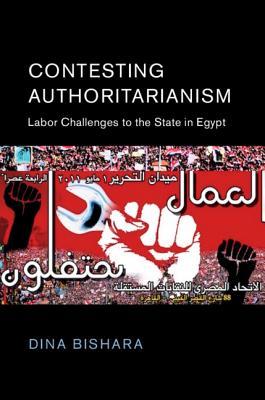
Contesting Authoritarianism
Labor Challenges to the State in Egypt
2018
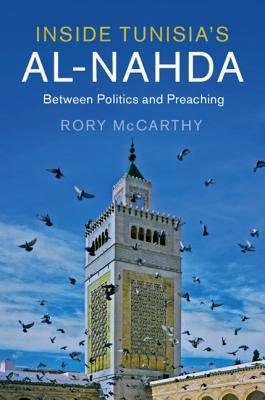
Inside Tunisia's al-Nahda
Between Politics and Preaching
2018
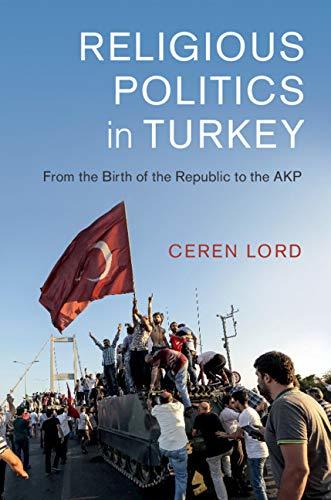
Religious Politics in Turkey
From the Birth of the Republic to the AKP
2018
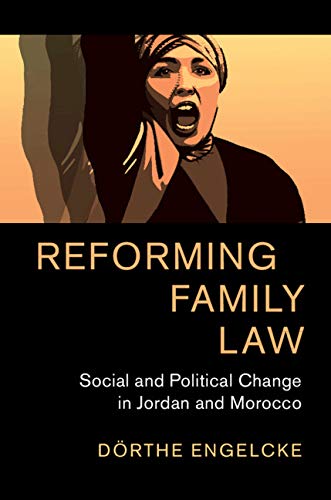
Reforming Family Law
Social and Political Change in Jordan and Morocco
2019
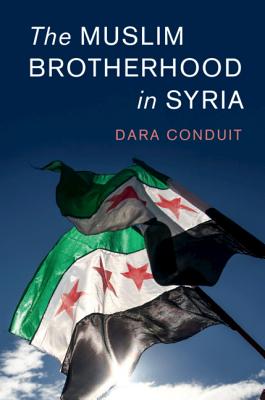
The Muslim Brotherhood in Syria
2019
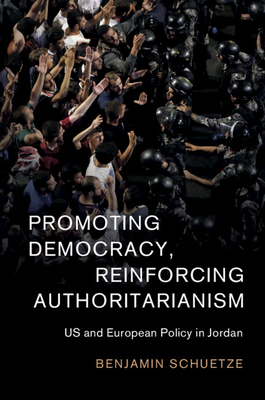
Promoting Democracy, Reinforcing Authoritarianism
US and European Policy in Jordan
2019
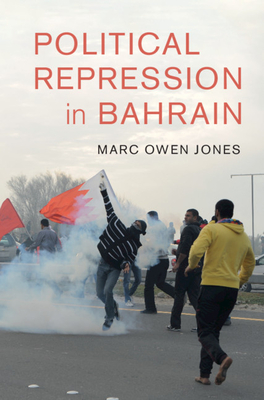
Political Repression in Bahrain
2020
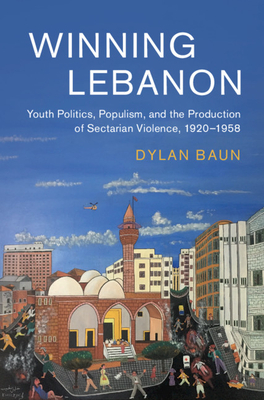
Winning Lebanon
Youth Politics, Populism, and the Production of Sectarian Violence, 1920–1958
2020
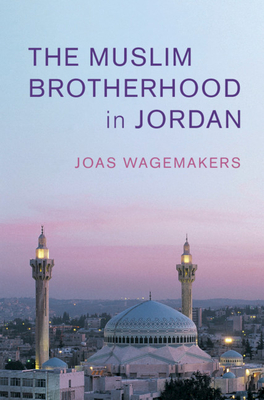
The Muslim Brotherhood in Jordan
2020
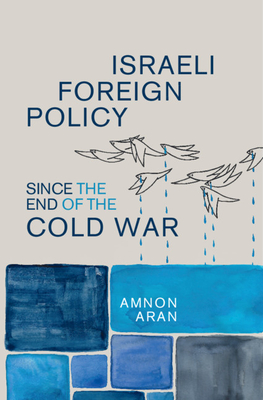
Israeli Foreign Policy since the End of the Cold War
2020
Authors

Dr Pierret earned his PhD in Political and Social Sciences at Sciences Po Paris and the Catholic University of Louvain (2009), funded by the Fonds National de la Recherche Scientifique (Belgium). He received his License in Modern History from the University of Liège (2001), his MA in International Politics from the Free University of Brussels (2002), and his MA in Comparative Politics (Muslim world) from Sciences Po Paris (2003). He attended a year-long intensive advanced Arabic language course at the French Institute of Damascus (2003-4). In 2010, he was a postdoctoral research associate at Princeton University, Department of Near Eastern Studies. In 2011, he was a visiting fellow at the Zentrum Moderner Orient, Berlin.
Laleh Khalili is an Iranian American and Professor of International Politics at Queen Mary University of London. She was formerly a Professor of Middle Eastern Politics at the School of Oriental and African Studies at the University of London. She graduated from University of Texas, and received her PhD from Columbia University. Her primary research areas are logistics and trade, infrastructure, policing and incarceration, gender, nationalism, political and social movements, refugees, and diasporas in the Middle East.

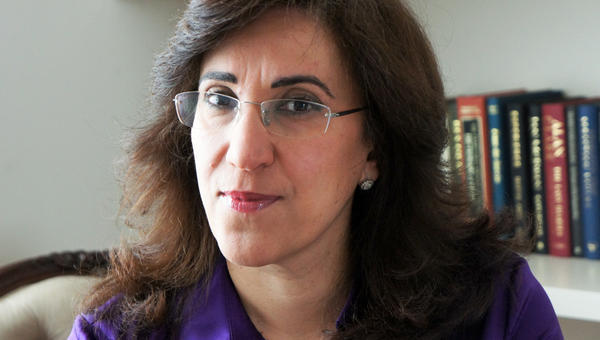
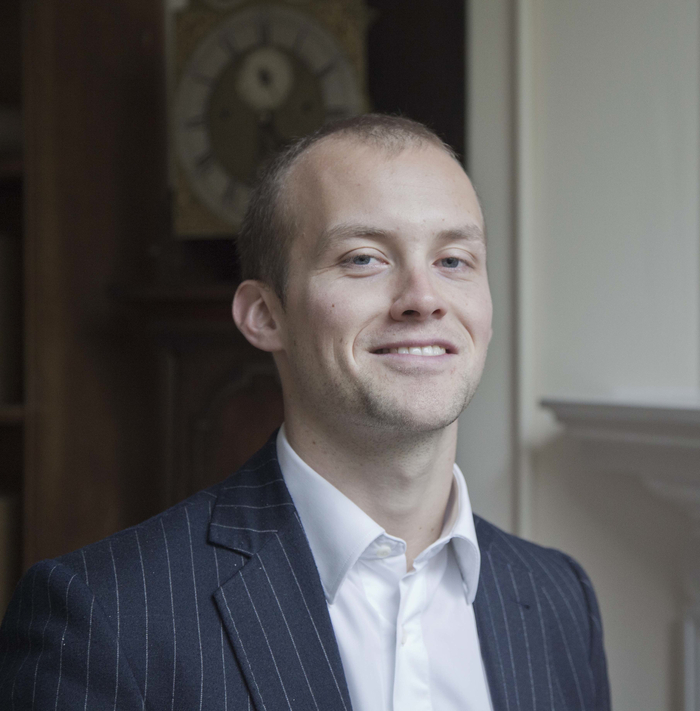

Nadje Sadig Al-Ali (Arabic: نادية صادق العلي) is the author of Iraqi Women: Untold Stories From 1948 to the Present. and co-author with Nicola Pratt of What Kind of Liberation? Women and the Occupation of Iraq. Born to an Iraqi father and German mother, and having lived in Egypt for several years and being involved in the Egyptian women's movement, Al-Ali is also Professor of Gender Studies at the Center for Gender Studies at the School of Oriental & African Studies (SOAS). Al-Ali graduated from the University of Arizona (BA), University of Cairo (MA) and received a PhD from the anthropology department of the School of Oriental and African Studies (SOAS), University of London in 1998. She is currently chairing the Centre for Gender Studies at SOAS. She is also President of the Association of Middle East Women's Studies (AMEWS), and a member of the Feminist Review Collective. Alongside her academic career, Nadje Al-Ali is a political activist and was a founder of the Iraqi British organisation Act Together: Women's Action for Iraq in 2000. She is also a member of the London branch of Women in Black, a worldwide network of women who are against war and violence. Many of her publications reflect the lives of Iraqi women and recent struggle to voice their opinions during the US-led invasion of Iraq. (from Wikipedia)
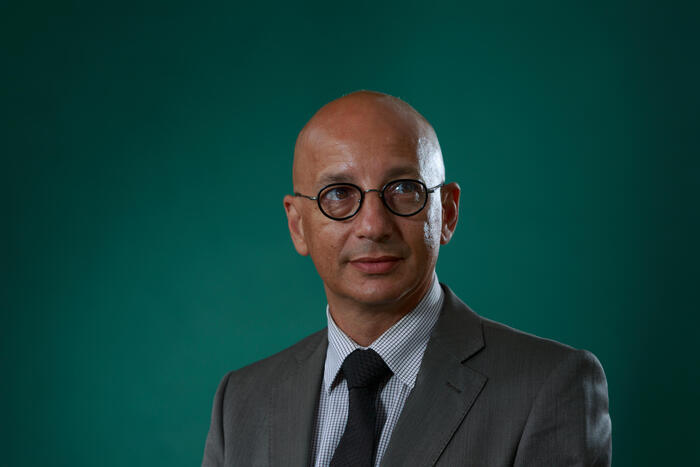


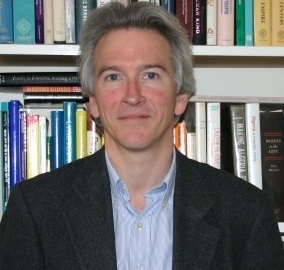
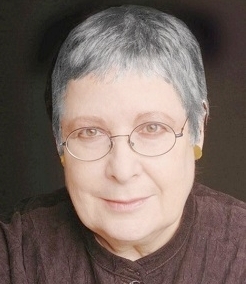
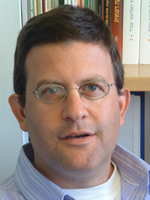
Guy Ben-Porat is a member of the Department of Public Policy and Administration at Ben-Gurion University of the Negev. His PhD dissertation (Political Science, Johns Hopkins University) focused on the impact of globalization on peace processes. An updated and modified version of this dissertation, published as a book (Global Liberalism, Local Populism: Peace and Conflict in Israel/Palestine and Northern Ireland, Syracuse University Press, 2006), compared peace processes in Israel/Palestine and Northern Ireland and examined the incentives that globalization created for the resolution of protracted conflicts and the counter-movements it sparked. His recent research concerns the impact of economic and demographic changes on secularization and religious authority. The findings were published in his book Between State and Synagogue: The Secularization of Contemporary Israel (Cambridge University Press, 2013). Guy Ben-Porat’s current research focuses on relations between police and minorities and various questions related to policing multicultural states. At the Van Leer Jerusalem Institute he co-chaired, with Prof. Yossi Yona and Dr. Bashir Bashir, a research group on public policy and multiculturalism, and later a research group titled Religion, Economy, and Secularization: Between the State and the Economy. He currently chairs a research group on police and policing. גיא בן-פורת הוא חבר סגל במחלקה למנהל ומדיניות ציבורית באוניברסיטת בן-גוריון בנגב. עבודת הדוקטור שלו במחלקה למדע המדינה באוניברסיטת ג'ונס הופקינס עסקה בגלובליזציה ובהשפעתה על תהליכי שלום. המחקר השווה בין תהליכי השלום בישראל/פלסטין ובצפון אירלנד. בין השאר עסק המחקר בדרך שבה יצרה הגלובליזציה, מחד גיסא, תמריצים חדשים לסיום סכסוכים שהוגדרו בעבר "בלתי פתירים", ומאידך גיסא – את ההתנגדות לתהליכי השלום. המתח בין שני מגמות אלה מסביר את תנועות המטוטלת שבין התקדמות לבין נסיגה למעגלי אלימות. המשך של עבודת הדוקטור התפרסם בספר Global Liberalism, Local Populism: Peace and Conflict in Israel/Palestine and Northern Ireland (Syracuse University Press, 2006). מחקרו האחרון, העוסק בתהליכי חילון, מבקש לבחון כיצד משפיעים שינויים כלכליים ודמוגרפיים, הקשורים במידה רבה לתהליכי הגלובליזציה, על תפיסות זהות דתיות וחילוניות ועל מעמדה של הדת במדינה ובחברה. הספר המסכם את המחקר יצא לאור בשנת 2013 בהוצאת אוניברסיטת קיימברידג' וכותרתו Between State and Synagogue: The Secularization of Contemporary Israel. מחקרו הנוכחי עוסק ביחסים שבין משטרה למיעוטים ובשאלות שונות של שיטור במציאות רב-תרבותית. במסגרת עבודתו במכון ון ליר בירושלים ניהל עם פרופ' יוסי יונה וד"ר בשיר בשיר את קבוצת המחקר מדיניות ציבורית ורב-תרבותיות ולאחר מכן ניהל קבוצת מחקר שעסקה בדת, כלכלה וחילון. כעת הוא מנהל את קבוצת המחקר משטרה ושיטור.
